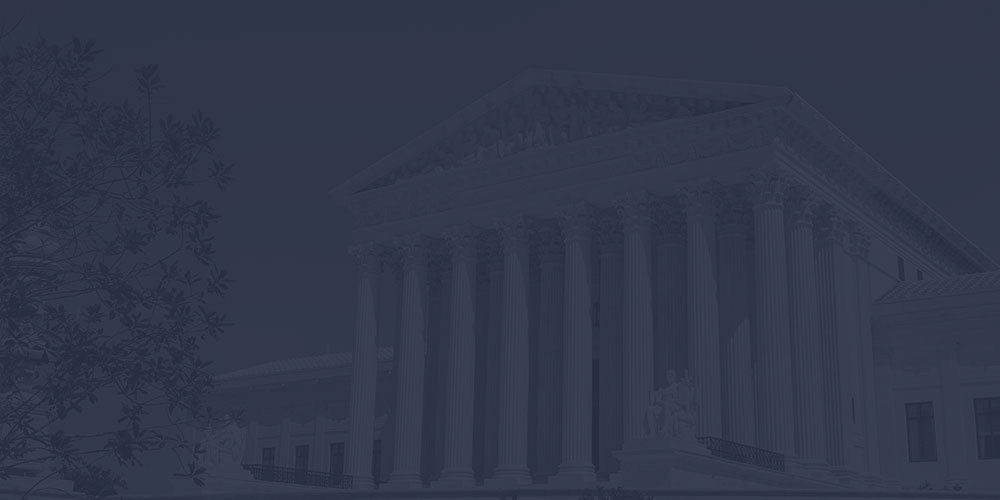Recently, the Illinois Supreme Court handed down a decision that an employer’s acknowledgement of vicarious liability for an employee’s conduct does not bar a Plaintiff from raising a direct negligence claim against the employer in McQueen v. Green, 2022 IL 126666 (Il. 2022). This blog post will investigate this issue and the reasoning behind Illinois’ decision.
This case arose out of an automobile accident that occurred in Chicago, Illinois on August 17, 2012. Pan-Oceanic employee Lavonta Green, a heavy-haul driver, was at Patten Industries to pick up a three-ton skid steer (digging equipment). When Patten Industries employees loaded the equipment onto Green’s truck, Green noticed the equipment was crooked. He notified Patten Industries employees and requested that it be reloaded. Patten Industries employees refused. Green then called his Pan-Oceanic supervisor, Savinder Singh, to notify him that the equipment did not look right. Despite Green’s objections, Singh instructed Green to carry the load and to just “be safe.” Green then proceeded to carry the load.
Initially, Green was able to transport the load on the highway at a slow rate of speed due to traffic. As traffic lessened, Green picked up speed to about forty miles per hour and noticed the load bounding. He attempted to change lanes and lost control of the truck. He spun into a car driven by Plaintiff Fletcher McQueen, causing McQueen injuries. McQueen filed suit against Green and Pan-Oceanic in Cook County, Illinois. In Count I, McQueen argued that Green, as employee of Pan-Oceanic, was not negligent. In Count II, McQueen argued that Pan-Oceanic was negligent for (1) failing to train Green on how to respond to an unsafe load, (2) ordering Green to take the load onto the highway when the company knew, or should have known, that the load was in an unsafe state, and (3) for failing to simply reject the load to prevent it from traveling on the highway. Finally, in Count III, McQueen sought punitive damages against Green and Pan-Oceanic. In litigation, Pan-Oceanic acknowledged that Green was its agent and acting within the scope of his employment at all relevant times.
At trial, the jury determined that Green was not negligent and that Pan-Oceanic was negligent. At a second hearing, the court ordered Pan-Oceanic to pay punitive damages. After trial, Pan-Oceanic filed a motion asking the court to enter judgment notwithstanding the verdict or to grant a new trial on the basis that it could not be liable for Green’s negligence. Pan-Oceanic argued that unless Green was found negligent, Pan-Oceanic could not be held liable for negligent training, supervision, or entrustment. The motion was denied, and Pan-Oceanic appealed the decision.
The appellate court sided with Pan-Oceanic, holding that the verdicts were legally inconsistent and warranted a new trial. This time, McQueen appealed to the Illinois Supreme Court. The court agreed to hear the case on its two proposed issues: (1) whether an employer’s admission of vicarious liability for its employee’s misconduct precludes a plaintiff from raising claims for direct negligence based on the employer’s own conduct and (2) whether the appellate court erred in granting the employer’s request for a new trial after determining that the jury rendered legally inconsistent findings.
In their decision, the Illinois Supreme Court detailed out the two possible routes they could take: first, they could side with the Appellate court and institute the McHaffie rule. The McHaffie rule originated out of McHaffie v. Bunch, 891 S.W.2d822 (Mo. 1995), and essentially states that an employer’s acknowledgement of vicarious liability for its employee’s conduct precludes a plaintiff from raising a cause of action for direct negligence against the employer. The majority of states follow the McHaffie rule, although not by a large margin.
Second, the court considered rejecting the McHaffie rule on the basis that the law currently allows a plaintiff to plead and prove multiple causes of action so long as a good-faith factual basis exists for a plaintiff’s claim of direct negligence against an employer. After examining the facts, the court determined that because a reasonable jury could find that Green did not commit negligence, and because a reasonable jury could find Pan-Oceanic’s actions independently negligent, that Pan-Oceanic should be held liable for its own actions and inactions. This theory of liability did not seek to impute Green’s misdeeds onto Pan-Oceanic. As such, the Illinois Supreme Court rejected the McHaffie rule.
It is important to note that in Missouri, the rule is the opposite: Missouri has upheld the McHaffie rule. In Missouri, “once an employer has admitted respondeat superior liability for a driver’s negligence, it is improper to allow a plaintiff to proceed against the employer on any other theory of imputed liability.”
Proponents of the McHaffie rule state that the rule is necessary to prevent a plaintiff from obtaining durable recovery for the same injury and that the rule prevents irrelevant and unfairly prejudiced evidence from being admitted. Illinois reconciled these issues, claiming the trial court can prevent double-recovery through careful jury instructions, that the trial court can determine the admissibility of evidence using the probative-prejudicial test.
Article written by Associate Attorney Tayler Bertelsman | Gausnell, O’Keefe & Thomas, LLC



